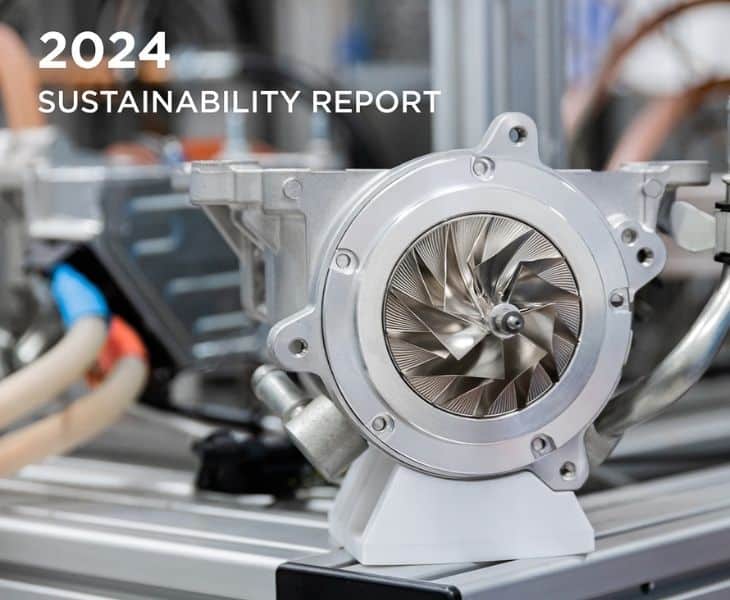On November 9-10, Garrett Motion will be present at the Expert-Forum Powertrain 2022, supporting the co-authoring of a technical presentation titled “Fuel Economy Optimization and Battery Thermal Management for a Parallel HEV in a Real-Driving Cycle using a Dynamic Simulation and Integrated ECMS Controller”.
Technical Paper
Fuel Economy Optimization and Battery Thermal Management for a Parallel HEV in a Real-Driving Cycle using a Dynamic Simulation and Integrated ECMS Controller
Author: Garrett’s contribution to this paper through Philippe De Araujo, Sujeet Vankayala
The level of hybridization of current and future passenger car fleets requires a precise analysis and effective control of the onboard energy storage and the energy transfer paths. The drivetrain of a parallel hybrid electric vehicle consists of multiple energy storages and energy converters and allows multiple operating modes, to propel the vehicle. The applied operating modes are crucial for the effective fuel consumption and the recuperation of kinetic energy. Optimal control of these operating modes has been at the forefront of numerous energy management studies. Controls optimization offers valuable insights into improving the present state-of-the-art supervisory control strategies and is frequently used for benchmarking against established energy control designs. Online adaptation of the supervisory control strategy to cover all possible driving maneuvers with the goal of minimizing energy consumption is a fundamental requirement.
In this paper, an accurate and computationally-efficient Equivalent Consumption Minimization Strategy (ECMS) Controller is implemented on a dynamic forward-facing simulation model of a parallel hybrid vehicle. The novel ECMS Controller allows to analyze all admissible operating modes of a parallel hybrid vehicle and to determine the optimal control policy. The virtual vehicle also makes use of a high-fidelity physics-based model of a battery thermal management system with the goal to correlate the response dynamics and the thermal effects of the traction battery and the passenger compartment under summer and winter ambient conditions. The resulting optimal control policy obtained from the simulation of the virtual vehicle and its controller subjected to standard regulatory as well as real-world driving cycles is compared against control policies obtained from the Kinematic ECMS and Dynamic Programming algorithms.
It is shown that the real-world driving can offer additional leverages in terms of projected vehicle routes, driver behavior and traffic information to improve the energy management strategy. The results give insights into how real-world fuel economy compares against the consumption of fuel in controlled testing environment. The benefits of online drivetrain controls in the effort to minimize energy consumption are demonstrated.
Novelty / Relevance
The novel simulation approach of an integrated physics-based battery management model with the optimal controls concept “ECMS” enhances the energy management strategy of a parallel hybrid vehicle in a real driving cycle.
Publisher: Expert-Forum Powertrain on November 9-10, 2022









